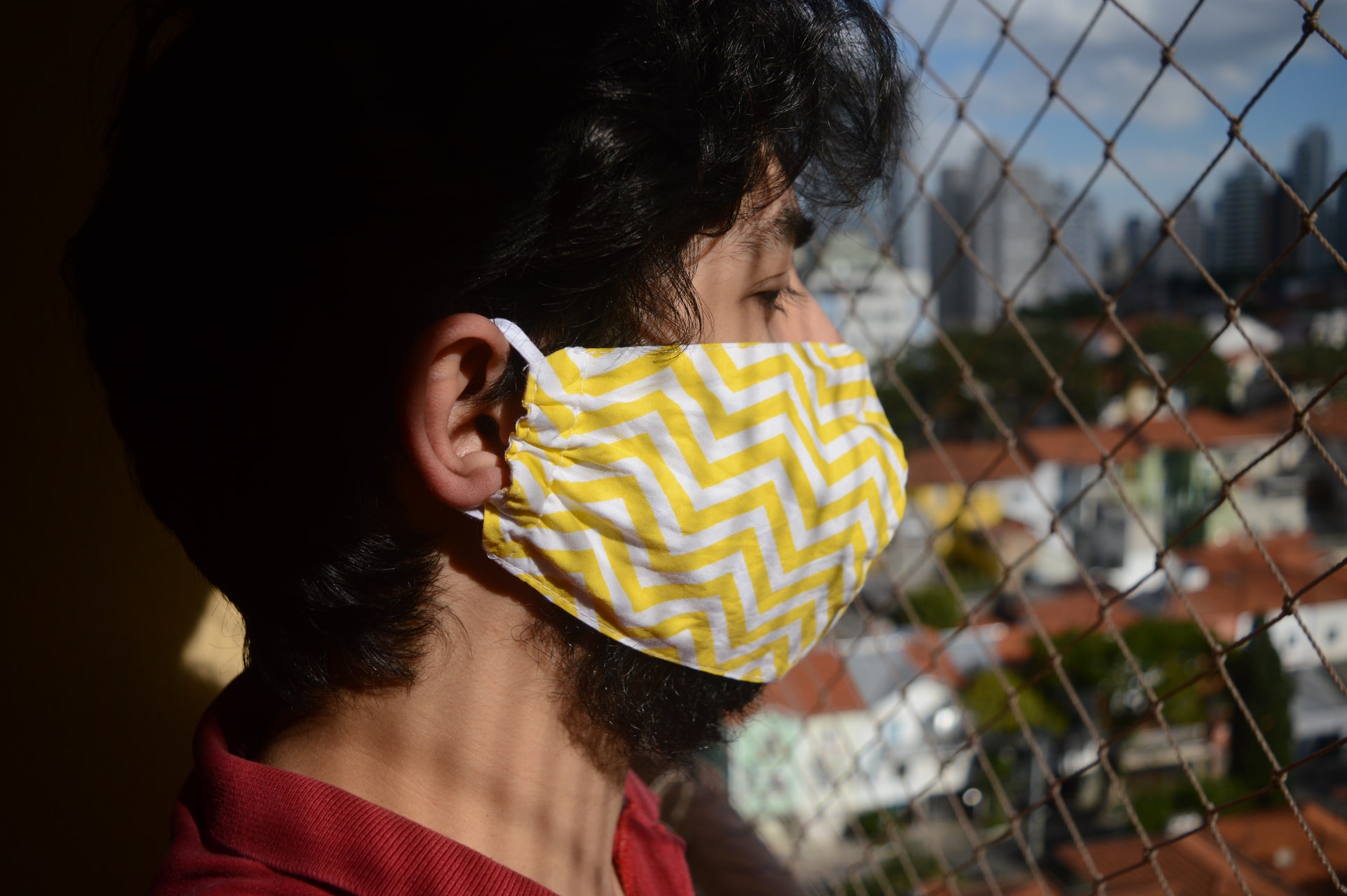Young adults, unfairly blamed for COVID-19 spread, now face stress and uncertain futures

As social scientists working in two international settings — Canada and France — we are deeply concerned that these kinds of depictions have distorted the actual experiences, practices and attitudes of young adults towards COVID-19, and created flawed perceptions of the true impact of the pandemic on young adults. (File photo: Bruna Araujo/Unsplash)
At the beginning of the COVID-19 pandemic there was an enormous amount of concern and attention focused on elderly people — and for good reason: people over the age of 65 years are among the most vulnerable to serious health complications, including death, from the virus.
It did not take long, however, for significant media and public health attention to turn towards young adults, with most of these depictions framing young people as “spreaders of the virus” and as largely responsible for the second wave of COVID-19. These representations frame young adults as being careless, irresponsible and dismissive of COVID-19 risks and public health guidance measures.
As social scientists working in two international settings — Canada and France — we are deeply concerned that these kinds of depictions have distorted the actual experiences, practices and attitudes of young adults towards COVID-19, and created flawed perceptions of the true impact of the pandemic on young adults.
Misleading representations
Early on in the pandemic, pictures of youth enjoying spring break on Florida beaches featured prominently in the news. These kinds of representations tend to focus on the experiences of those who have deliberately violated public health measures to have a good time. Yet these representations can be highly misleading.
During the summer, we conducted a survey with more than 500 sexual and gender minority people in Canada. The results contradict depictions of young adults as being irresponsible: over 90 per cent of respondents under 30 years old reported practising physical distancing and wearing a mask — findings that align with data from other settings, including Switzerland and the United States.
In the U.S., recent qualitative findings have described how young adults experience a deep sense of responsibility to protect those at risk for severe COVID-19 complications in their family circles and in the broader community (for example, people at the grocery shop).
In France, recent survey data show that young adults are highly compliant with hygiene measures (such as hand washing) and using masks. And, while some trends within these French data are less than optimal, including a decreasing likelihood of adhering to physical distancing guidelines, it is important to emphasize that these trends are occurring across all age groups — not just among youth.
Social, health and economic impact
We also know that the pandemic has — and will continue to have — distinct effects on both the short- and long-term social, health and economic well-being of young adults. The economic uncertainty created by COVID-19 poses very real questions around what job security and economic independence will look like for today’s generation of youth. They may struggle to meet their everyday needs (such as food, education and rent) alongside job loss, and the inability to start or continue post-secondary education due to the economic impact of lockdowns and curfews.
The pandemic also creates a high degree of psychological stress that young adults experience in distinct ways. Emerging evidence indicates that symptoms of psychological distress during the pandemic are highest among younger generations compared to older generations.
Read more:
For university students, COVID-19 stress creates perfect conditions for mental health crises
Unfortunately, these kinds of psychological stressors are taking place when it’s increasingly difficult to access health care due to COVID-19, a trend that is certain to disproportionately impact young adults already experiencing marginalization and social exclusion, including those who are sexual and gender minorities, street-involved and/or racialized.
Online youth survey
To better understand how young adults experience public health measures related to COVID-19, we recently launched an online survey to hear from 5,000 participants from across Canada and France. We will also conduct field work by interviewing 60 young adults from four different cities (Vancouver and Montréal in Canada, Paris and Bordeaux in France) about their perceptions and experiences with COVID-19 and the “new normal.”
It is our hope that this research will offer a way to give voice to young adults and to build an evidence base that can help key health agencies and policy-makers — with whom we work closely — to design strategies that will improve the well-being of young adults throughout each phase of the pandemic.
Evidence-based approaches are needed to improve the social, health and economic trajectories for young adults living through the COVID-19 pandemic. Young adults represent a key population that is significantly affected by the public health measures associated with COVID-19. Instead of stigmatizing young adults as “spreaders of the virus,” let’s focus on evidence-based strategies to improve the lives of everyone in a post-pandemic world.![]()
![]()
Rod Knight, Assistant Professor, Department of Medicine, University of British Columbia; Marie Jauffret-Roustide, Research Fellow, Inserm; Naseeb Bolduc, Research Coordinator, BC Centre on Substance Use, University of British Columbia, and Pierre-julien Coulaud, Post-doctoral research fellow, Department of Medicine, University of British Columbia
This article is republished from The Conversation under a Creative Commons license. Read the original article.





















